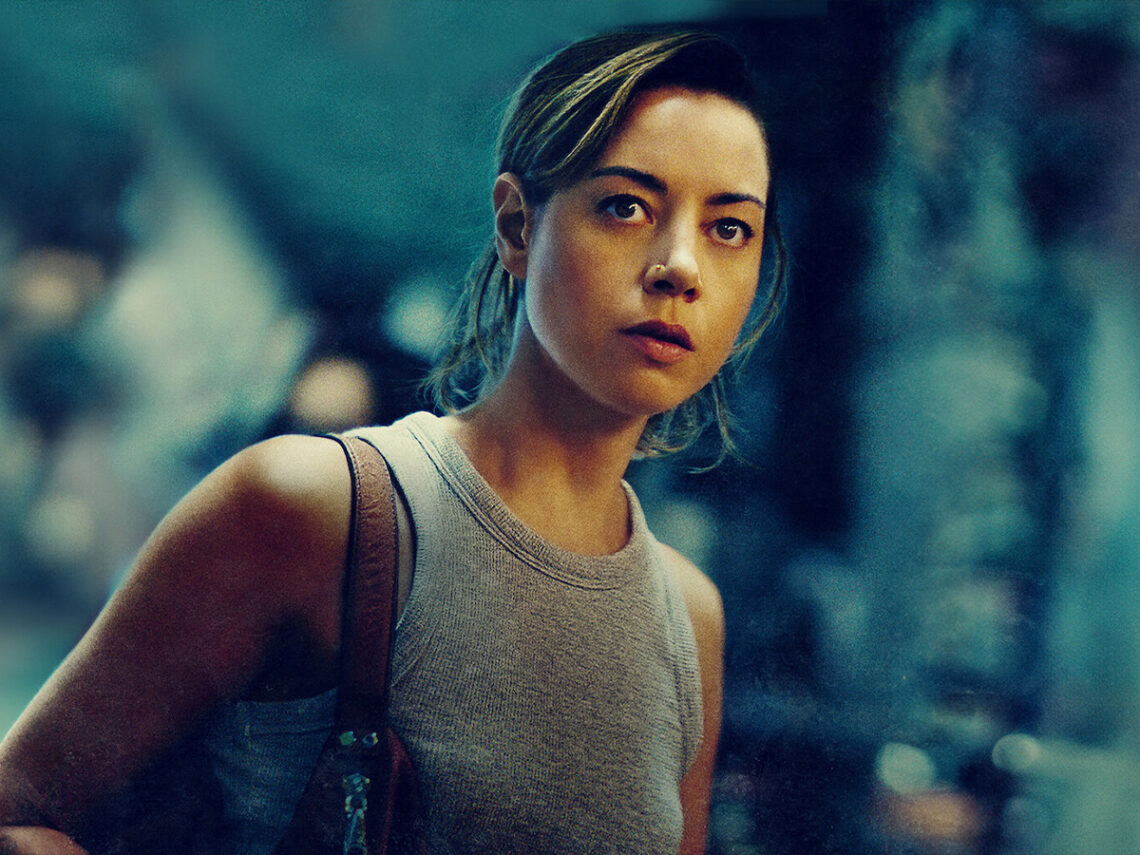
Forget ‘Emily in Paris’: This is the Netflix Emily you need
Some Emilys sip wine on balconies. Others commit credit card fraud. Emily the Criminal on Netflix is not here for croissants or charm; she is here to survive, and she is done apologising for it.
Directed by John Patton Ford and starring Aubrey Plaza in one of her best performances to date, Emily the Criminal is a tightly wound indie thriller that punches above its weight. It is lean, sharp, and quietly furious. And unlike its pastel-toned Parisian counterpart, this Emily is not navigating office politics. She is navigating poverty, debt, and a job market that treats ambition like a liability.
We meet Emily as she stares down $70,000 in student loans and a criminal record that disqualifies her from decent work. Adding to that is the slow, soul-crushing slide into economic invisibility. She is smart, capable, and completely out of options. So when someone hands her a chance to make quick money through dummy credit cards and drop locations, she does what a lot of people in her position would do: she says yes.
What follows is not a slick heist flick. There are no montages with upbeat jazz and designer suits. There is no mastermind pulling strings from a rooftop. This is small-time crime, messy and desperate. And that is what makes it so compelling. You believe Emily. You believe her fear, her rage, and her slow transformation from victim to someone who refuses to be one.
Aubrey Plaza carries the film with a kind of still-burning intensity. There is no smugness, no over-the-top rebellion. Just a woman who realises the system is not broken, it is working exactly as intended, just not for her. She does not monologue about it. She does not need to. Her silence is often louder than any speech. Every time she walks into a job interview and watches the panel shrink from her criminal past, you feel that familiar humiliation. And when she finally snaps, it is not shocking. It is earned.
The film does not try to make her a hero. It does not dress up her choices as empowerment. What it does do, brilliantly, is show how the line between criminal and worker is paper thin when you are poor. It asks what happens when all the rules are stacked against you. And it does not offer a clean answer.
Visually, the movie keeps things grounded. There are no sweeping city shots or stylised frames. The camera stays close, claustrophobic, forcing you to sit with Emily through every risk, every lie, every breathless getaway. It is tense without being flashy, and it gives you no space to romanticise anything.
Emily the Criminal is not loud, but it stays with you. It is a quiet indictment of everything we pretend is fair about adulthood: the internships, the gig economy, and the myth of merit. And for those of us who have ever felt that quiet panic of not knowing how to pay next month’s rent, this film does not just resonate. It roars.